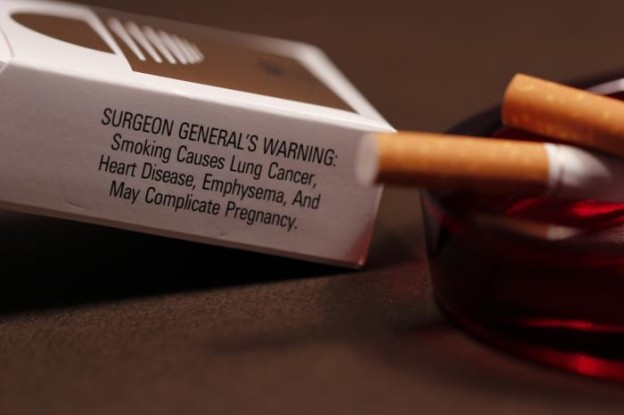Methicillin-resistant Staphylococcus aureus (MRSA), an antibiotic-resistant superbug, can cause life-threatening skin, bloodstream and surgical site infections or pneumonia. Researchers at the University of California, San Diego School of Medicine now report that cigarette smoke may make matters worse. The study, published March 30 by Infection and Immunity, shows that MRSA bacteria exposed to cigarette smoke become even more resistant to killing by the immune system.

“We already know that smoking cigarettes harms human respiratory and immune cells, and now we’ve shown that, on the flipside, smoke can also stress out invasive bacteria and make them more aggressive,” said senior author Laura E. Crotty Alexander, MD, assistant clinical professor of medicine at UC San Diego and staff physician at the Veterans Affairs San Diego Healthcare System.
Crotty Alexander is a pulmonologist who sees many patients who smoke cigarettes. She also sees many MRSA infections, and that got her wondering if one might influence the other. To test the hypothesis, Crotty Alexander and her team infected macrophages, immune cells that engulf pathogens, with MRSA.
Some of the bacteria were grown normally and some were grown with cigarette smoke extract. They found that while the macrophages were equally able to take up the two bacterial populations, they had a harder time killing the MRSA that had been exposed to cigarette smoke extract.
Read the rest of the UC San Diego news release HERE


One thought on “MRSA + cigarette smoke= more aggressive ‘superbug’: Study”